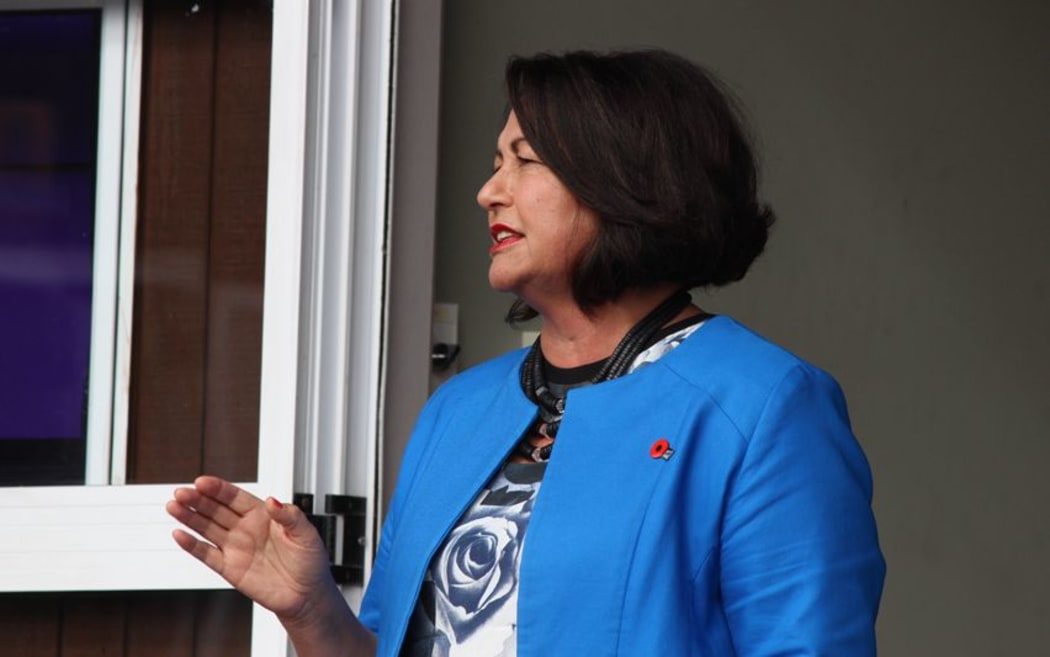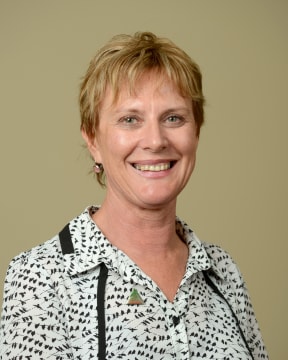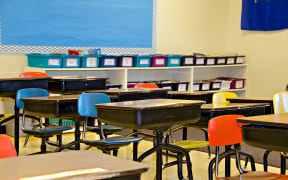Education leaders are hoping a rewrite of the Education Act will improve the way schools are closed and merged.

Education Minister Hekia Parata is overseeing the review of the Education Act. Photo: SUPPLIED
The government is reviewing the act, and closures are one of the topics up for debate.
Read a discussion document on the review of the Education Act (PDF, 863KB)

Principals Federation president Denise Torrey Photo: SUPPLIED
Its discussion document on the review says the act could include guiding principles for opening, closing and merging schools.
Post Primary Teachers Association president Angela Roberts said that was a good idea but it should go further and set up a new organisation to make those tough decisions.
"Everybody is really connected to their local school; nobody wants to see their local school close. Some sort of independent body would be fantastic, take the politics right out of it, make it about the kids."
Principals Federation president Denise Torrey said clear guidelines and an independent body would help take some of the stress out of school network changes.
"At the moment, there's lots of confusion out there about closures and mergers. There's lots of concern when a group of ministry staff bring you in to have discussion with you and your board about what's happening in the community.
"Everyone panics and it does not help the situation, so everyone goes to the default, and the default is 'defend my own area'."
Hopes and concerns
The government is also aiming for some bigger picture changes, saying the Education Act needs to include an overarching goal that states what the education system is trying to achieve.
Ms Torrey said the goal needed to be broad and could be used to guide future education policies.
"It would be a good opportunity for us to have a litmus test for everything that is introduced. Every new bright idea every government brings in, if it could be measured against a really clear purpose, then we can say 'is this such a great idea for the kids, is this a good idea for our nation'."
But some things are being excluded from the review - including the system of self-governing, self-managing schools introduced with the current Education Act in 1989.
Education researcher Cathy Wylie said that was a mistake.
"There are some big issues that are being skirted over here... What could come out of this would just be a bit of a patchwork, rather than thinking, 'well have we got the essentials in place for the next 20 years'."
The system had stagnated over the past 25 years despite the best efforts of many people, she said.
Dr Wylie also questioned the government's suggestion high-performing schools should be rewarded with more flexibility. That would encourage more competition between schools, she said, rather than the collaboration that was stressed in other parts of the discussion document.
"We don't need more flexibility. We've had so much flexibility in our system for the last 25 years, we've not done terribly well with it."
Dividing schools into good schools and bad schools would work against the notion of schools working together in a group to raise achievement, she said.
The government has received more than 1800 submissions to the review, and Ms Roberts and Ms Torrey said their organisations' members were hopeful it would help improve the education system.
But they said they were also cynical because the government ignored their views in consultation over the new teacher registration body, the Education Council.






